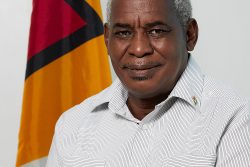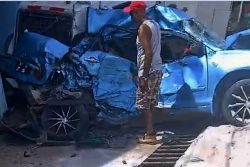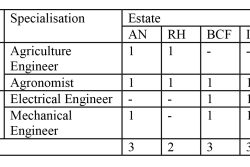MADRID, (Reuters) – The Spanish government sought to extend until April 11 a state of emergency that it has imposed to try to control Europe’s second-worst outbreak of coronavirus while some regions yesterday asked for harsher confinement measures to combat the pandemic.
Spain’s death toll jumped to over 1,700, with more than 28,000 cases of infection. “We are at war,” Prime Minister Pedro Sanchez told a news briefing, calling on Europe to launch a massive, coordinated public investment programme like the post World War Two Marshall Plan.
The nationwide state of emergency, announced on March 14 and intended to last 15 days, bars people from all but essential outings.
An extension would need to be approved by parliament but that is guaranteed after the main opposition party, the conservative People’s Party, said it would support it, giving enough votes to Sanchez’s Socialist Party and its far-left government coalition partner Unidas Podemos.
Sanchez said he hoped all parties would support the extension. It would be the first time in Spain’s four-decade democracy that a state of emergency would be prolonged.
Parliament has a scheduled plenary session on Wednesday.
Sanchez praised Spaniards’ commitment to home confinement, and defended the need to extend the state of emergency, saying,
“We hope that with this so drastic, dramatic and hard measure … we can bend the coronavirus’ curve”.
The death toll from coronavirus rose to 1,720 on Sunday from 1,326 the day before, while the number of registered cases rose to 28,572 from 24,926, according to Health Ministry’s data.
Of those, 54% are hospitalised and 12% are health staff, a figure officials described as worrisome given that they are at the frontline of the virus’ response. Of the total number of cases, 2,575 people have been cured.
Officials cautiously highlighted that the number of new daily registered cases had dropped by 26% from Saturday to Sunday.
“The general trend towards stabilization can give some hope but we need to be very cautious,” said Fernando Simon, head of Spain’s health emergency committee, at an earlier briefing.
The death rate from the illness is around 6% in Spain, said Simon, but he suggested the rate is actually lower because the number of cases of infection is in fact likely higher than those recorded.
Authorities aim to have a more realistic picture in the coming days as they start distributing hundreds of thousands of fast testing devices. Priority for those tests will be given to the regions most hit by the pandemic, hospitals and health personnel, Simon added.
Spain’s 17 regions manage health care but, under the state of emergency, the government is centralizing all decisions, prompting some such as Madrid to suggest that the government is slowing down the arrival of equipment from abroad.
Sanchez held on Sunday a video call with all the regional leaders but that did not prevent some regions, such as Catalonia and Murcia, from insisting later in demanding a total shutdown of all economic activity except essential services.
Murcia’s government even issued an order in that regard, which was later rebuffed by Spain’s Health Ministry, arguing it was the only authorised to take such a decision.
The Spanish Armed Forces will expand its role in dealing with the outbreak by moving patients to less overcrowded hospitals, transporting health equipment and helping Spaniards abroad return home, Sanchez said.
The government also announced that – starting at midnight – it will restrict entry for most foreigners at air and sea ports for the next 30 days. European Union leaders agreed to close the bloc’s external borders for the same period.
On the economic front, Sanchez said the European Union “can do and must do more” to help deal with coronavirus’ devastating impact. Spain has one of the developed world’s highest unemployment rates.









